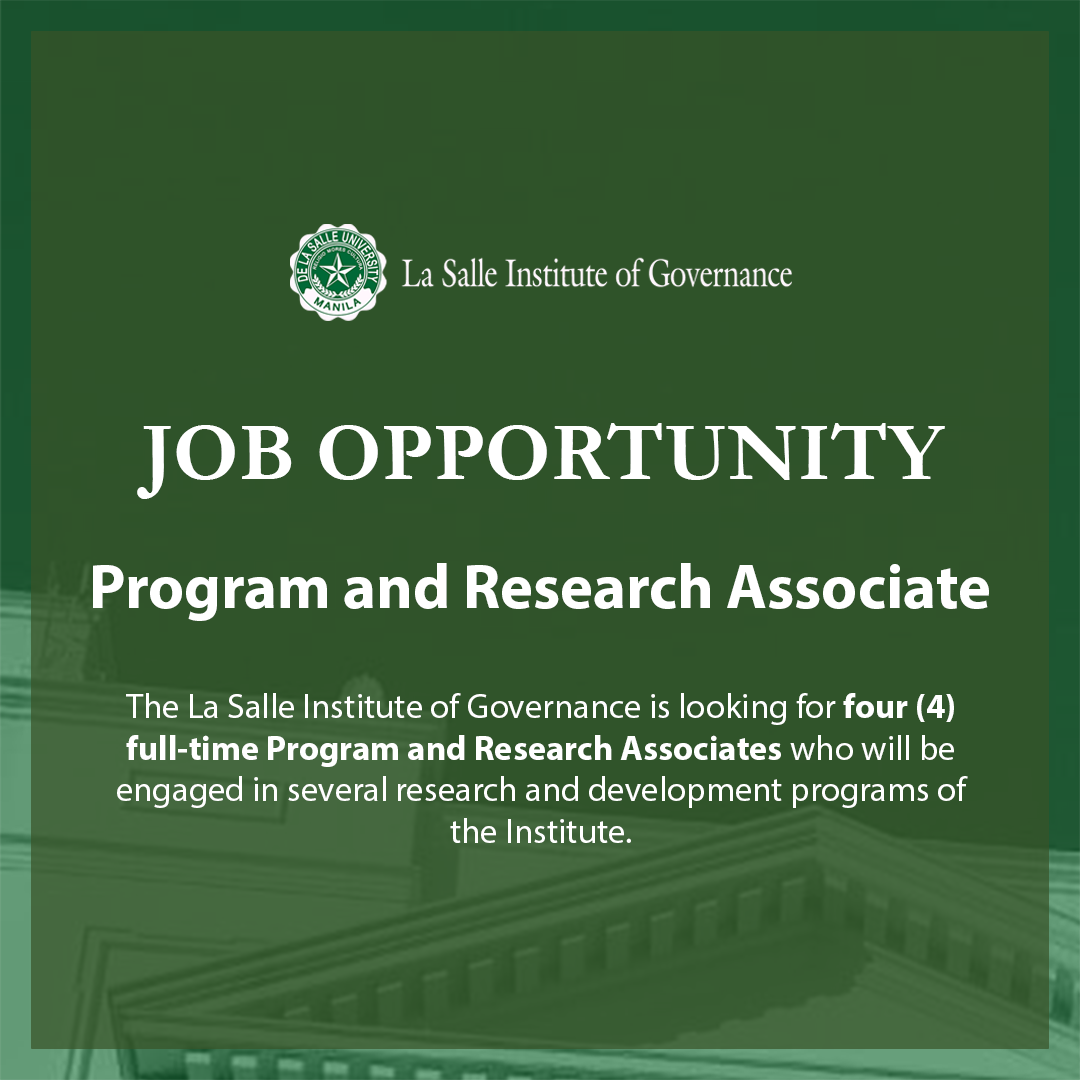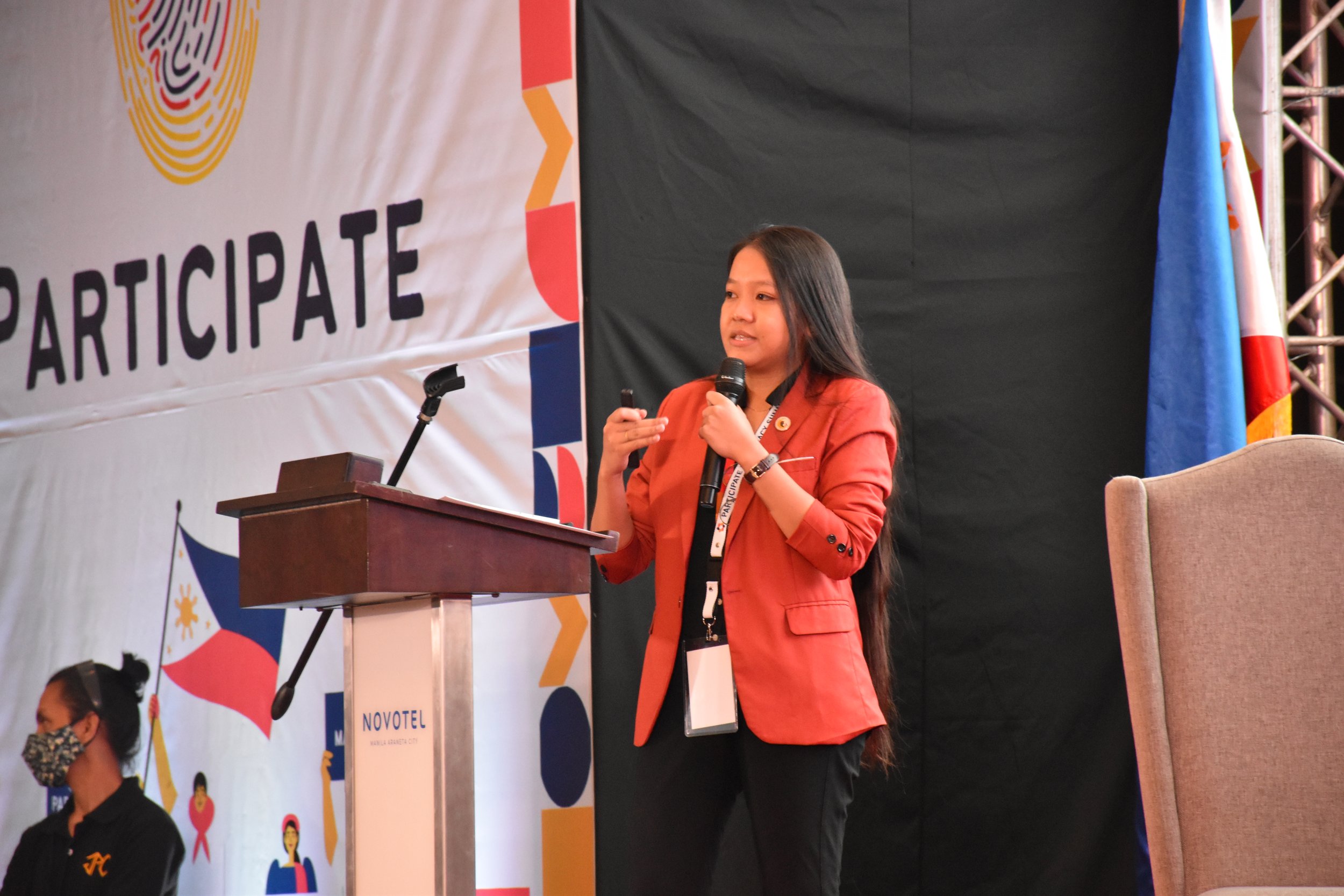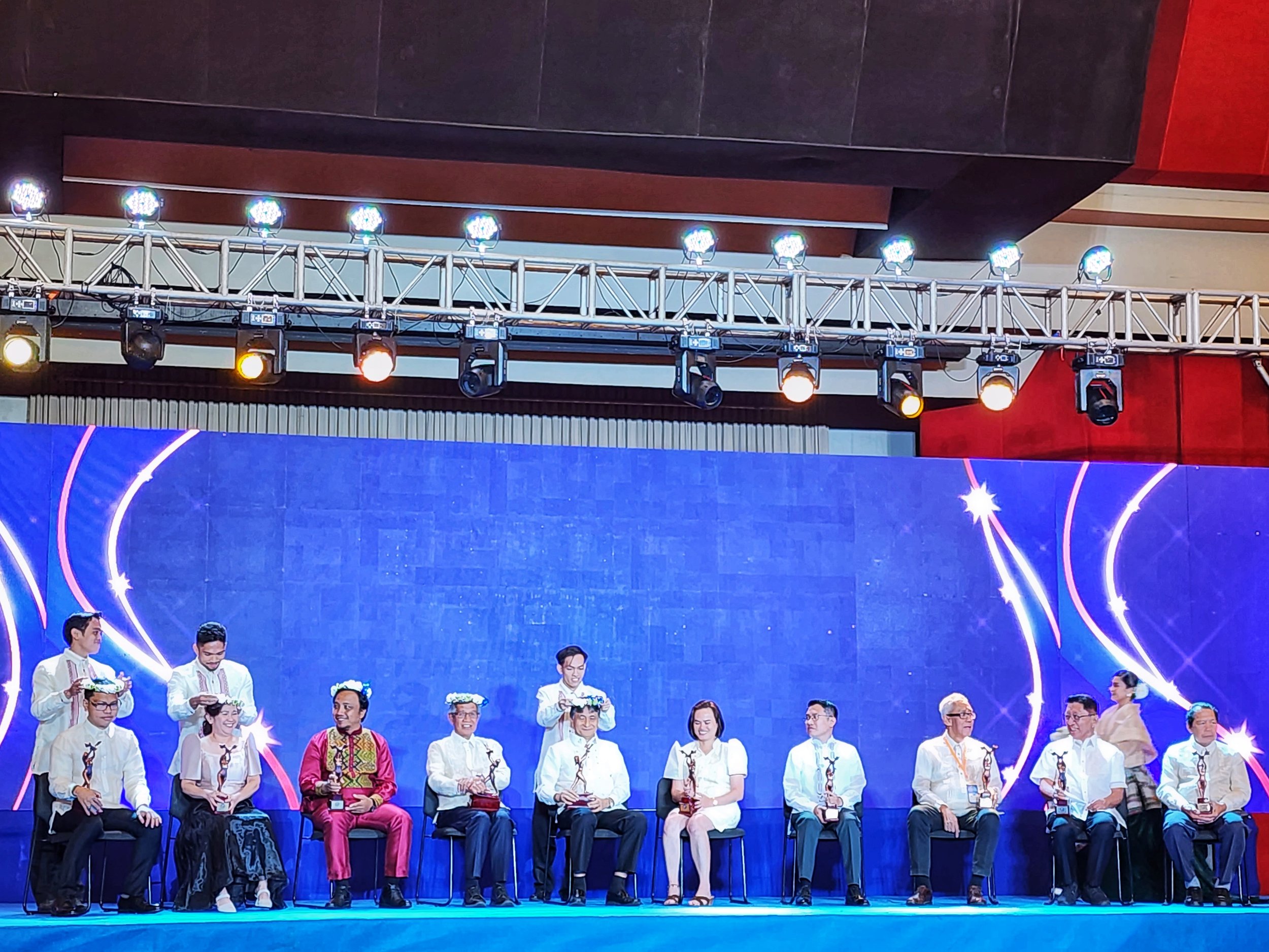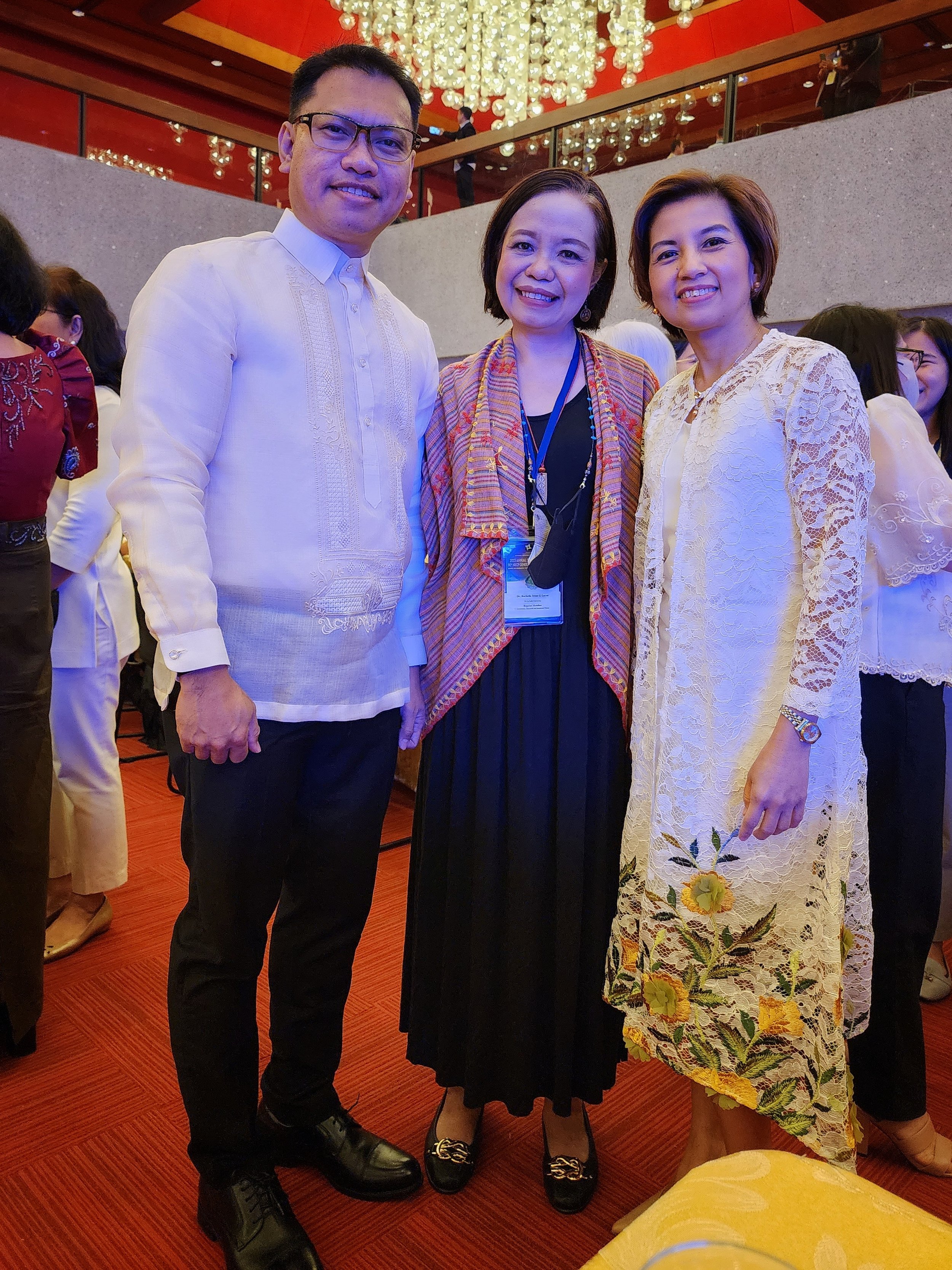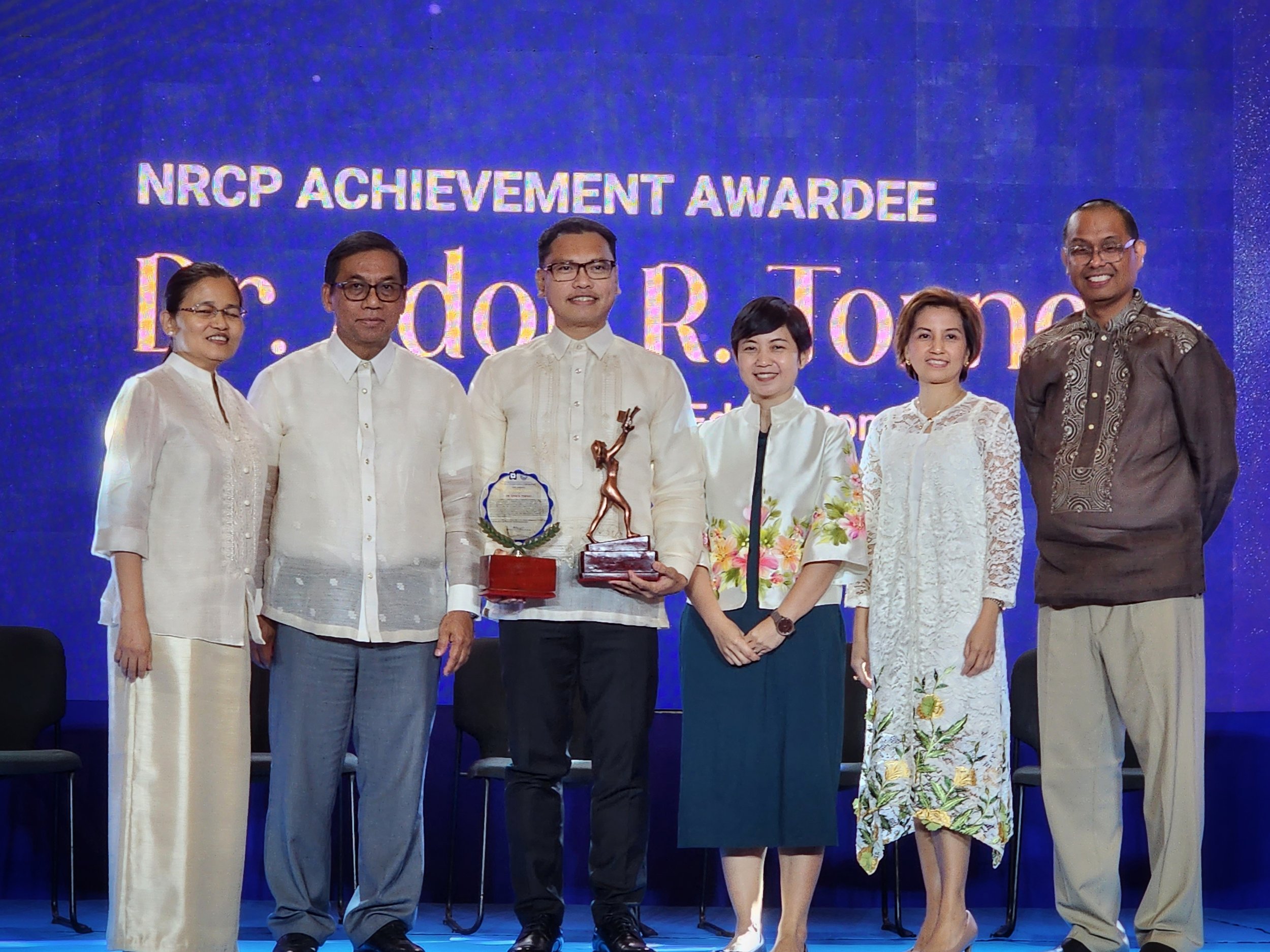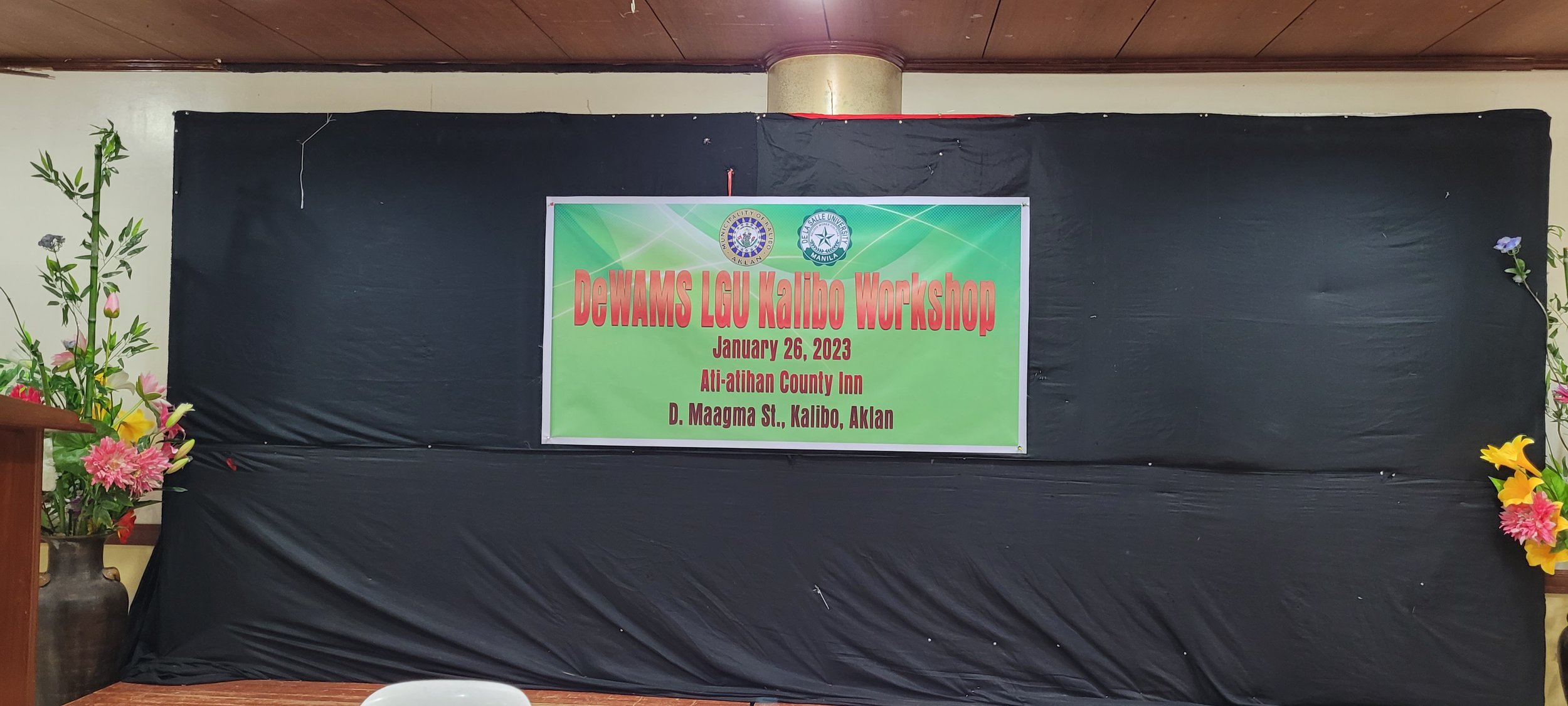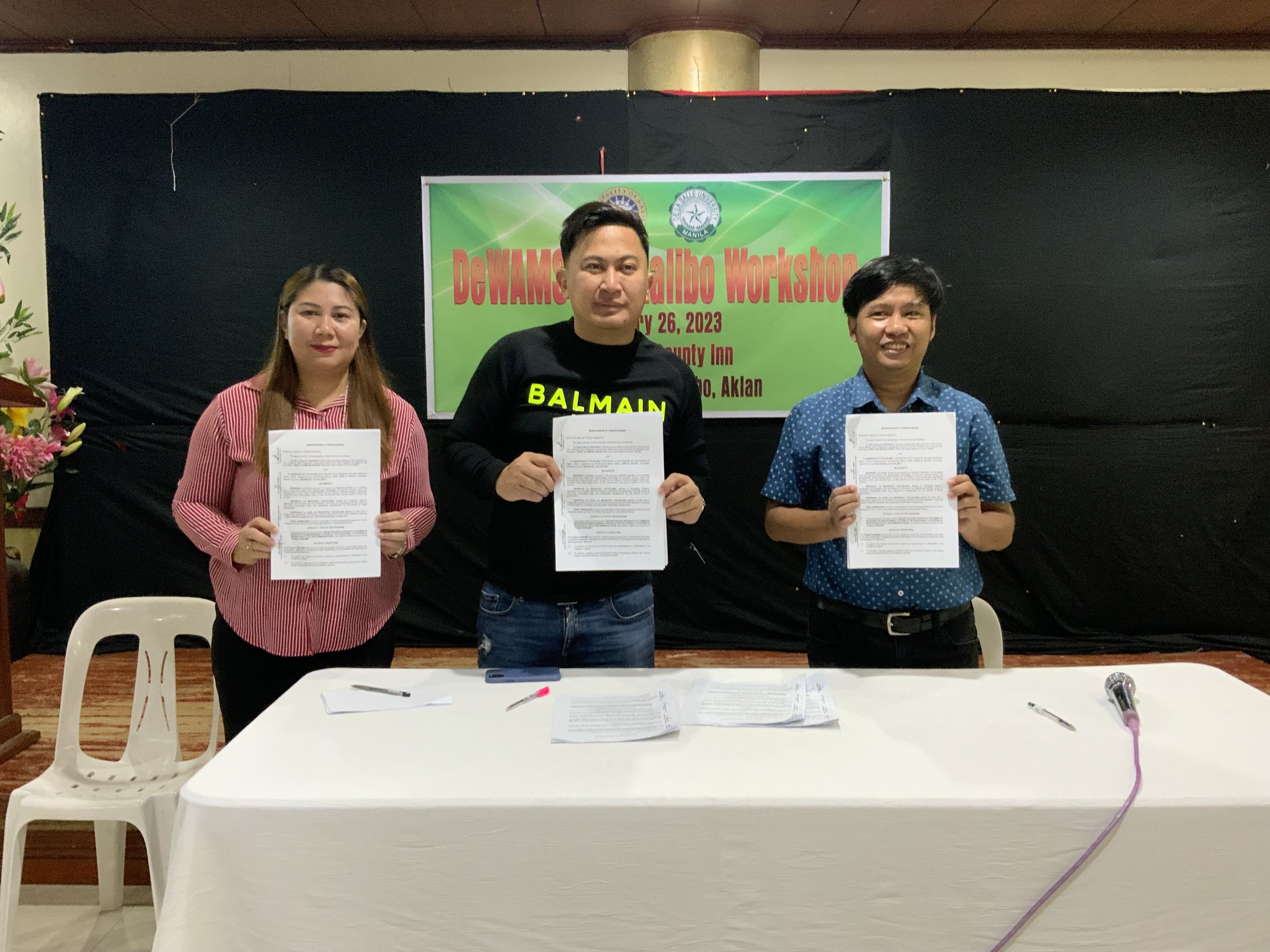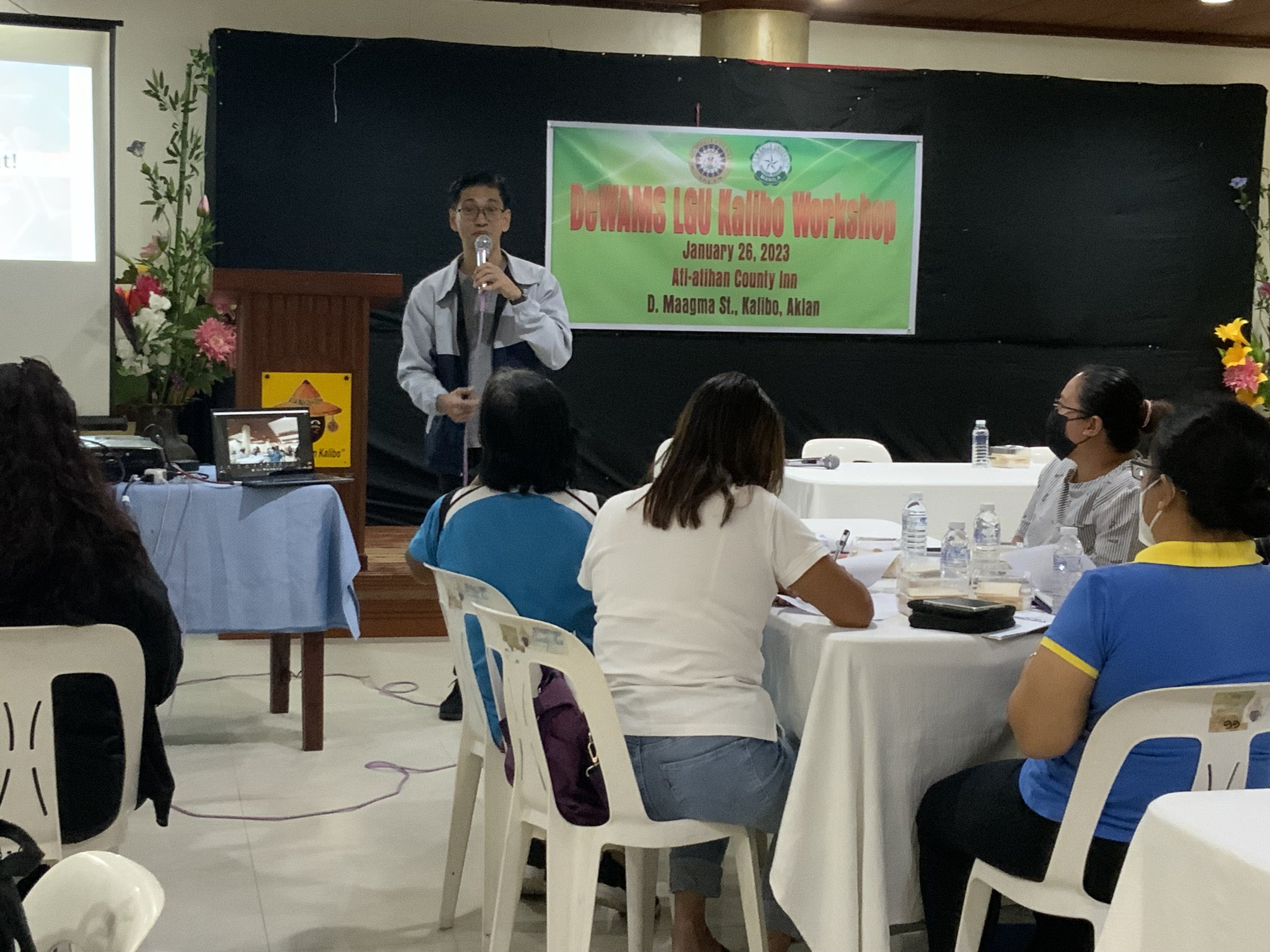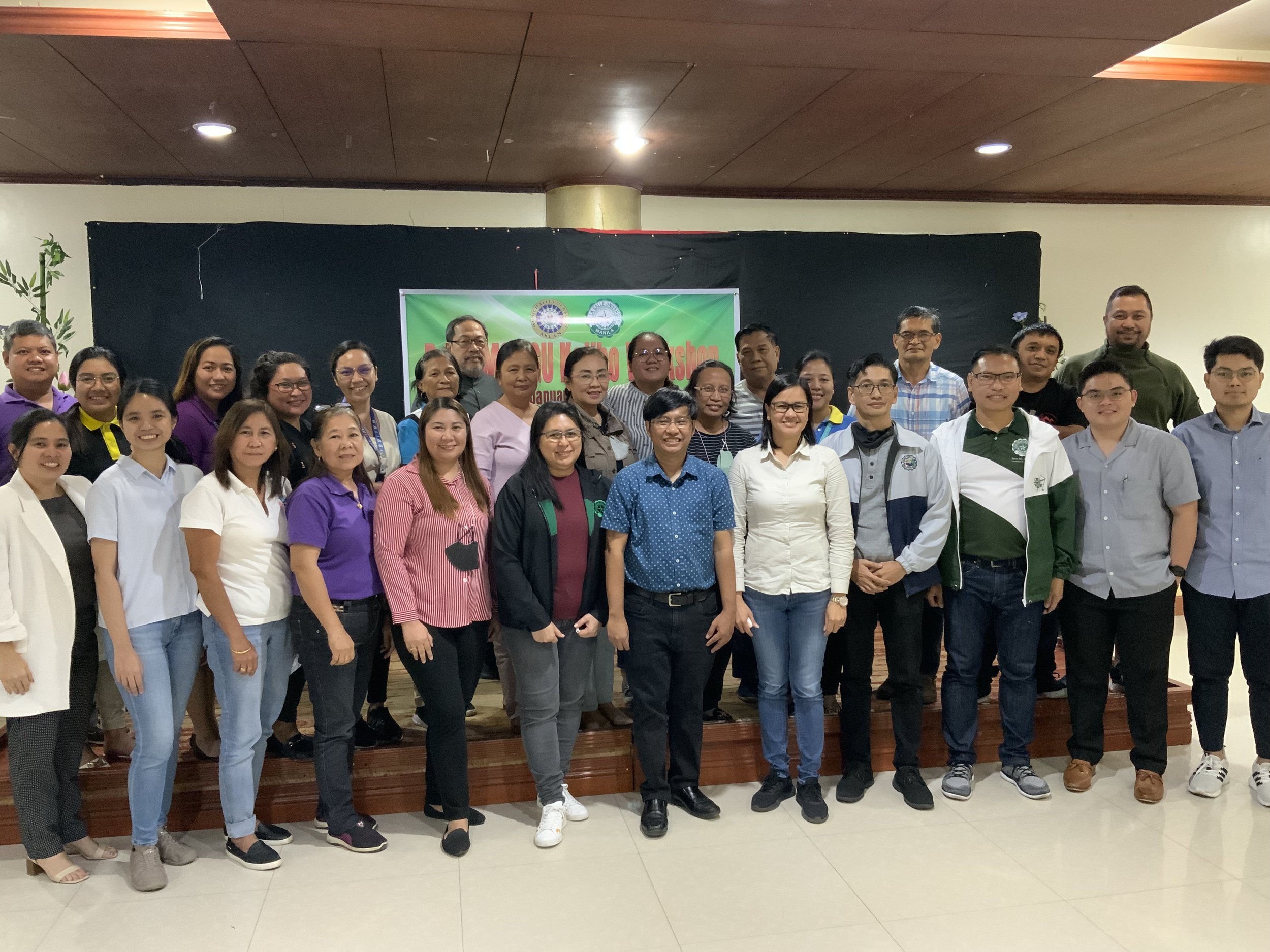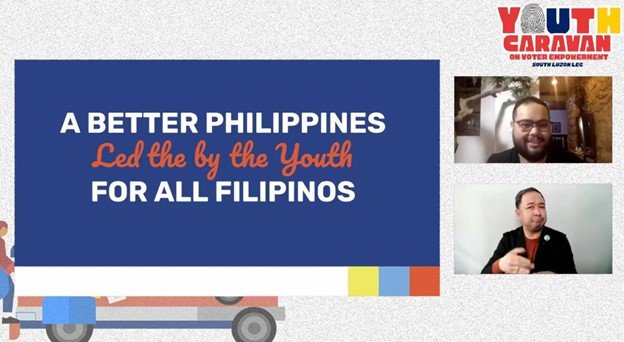Manila, Philippines – Held on May 12, 2023, at the Novotel, Araneta City, Cubao, Quezon City, the Policy Forum on Gender Equality and Online Political Participation featured policy briefs and research notes, addressing topics on women in Philippine politics, gender influence in Bangsamoro Autonomous Region in Muslim Mindanao (BARMM), and the landscape of digital media as a safe space for political participation in the Philippines.
(From left to right) Ms. Ella Oplas, LSIG Fellow; Ms. Dominique Reario, Researcher at DLSU Department of Political Science and Development Studies; Ms. Paramisuli Aming, Coordinator, Gender and Development Women, Peace, and Security for Manila, Bangsamoro Women Commission, Dr. Ruth Angelie Cruz, Associate Professor at DLSU Andrew L. Tan — Data Science Institute
Attended by various stakeholders, including election administrators, policymakers, civil society organizations, PARTICIPATE coalition, academe, and the media, the activity provided a platform for crucial discussions on gender, online political participation, and democracy.
Misogyny in Politics: A Gendered Fight for the Philippine Presidency 2022
Dr. Ruth Angelie Cruz, Associate Professor at the De La Salle University (DLSU) Andrew Tan - Data Science Institute, presented the findings of the policy brief, Misogyny in Politics: A Gendered Fight for the Philippine Presidency 2022.
Dr. Cruz, Associate Professor at DLSU Andrew L. Tan — Data Science Institute, presents the research, Misogyny in Politics: A Gendered Fight for the Philippine Presidency 2022
"We want to contribute to a deeper understanding of how gender disinformation leverages false narratives on misogyny. We also want to open the discussion on how to counteract online abuse against women in politics," Dr. Cruz said, highlighting the importance of the study.
Results showed that acts of violence targeting women specifically aim to intimidate their activity in politics, discourage their potential participation, and communicate to the public that women should not participate in public life in any capacity.
"What we are trying to prove here is not just misogyny or gender disinformation but showing actual evidence of how women in politics are being treated," Dr. Cruz said, stating the findings of the study.
Part of the policy recommendations includes integrating training for women and vulnerable members of society, implementing uniform institutional policies on harassment and misinformation, and encouraging information literacy and fact-checking initiatives.
Digital Activism and the Safe Spaces Act in the Philippines
"Even though the numbers tell us that the Philippines is doing a fine job (World Economic Forum’s Global Gender Gap), it doesn’t necessarily translate into reality. Discrimination, sexism, and gender-based violence still persist." Dominique Reario, a researcher at the DLSU Department of Political Science and Development Studies, said about the importance of digital activism and strengthening the Safe Spaces Act.
Ms. Reario, Researcher at DLSU Department of Political Science and Development Studies, presents the research, Digital Activism and the Safe Spaces Act in the Philippines
The study delved into the potential and limitations of digital activism and the role of "netizens" in strengthening the implementation and objectives of the Safe Spaces Act in the Philippines.
During the presentation, Reario emphasized digital activism as a way to use digital space for social media campaigns and advocacy.
"We also have to acknowledge that the digital space provides a good space to come together about causes. A good example is hashtag campaigns. These hashtags...promote or talk about that these experiences happen across the world."
"We hope that people become more aware... and join our advocacy, and hopefully, we will be able to influence the government and push actual reforms", she added.
As part of the government’s effort to push the Safe Space Act, the Philippine Commission on Women (PCW) is actively promoting it through social media campaigns and collaborating with various stakeholders, especially students, to discuss the law.
Gender and Development in BARMM
In her discussion, Paramisuli Aming, Bangsamoro Women Commission (BWC) Gender and Development Women, Peace, and Security Coordinator for Manila, shared her experience in gender and development in BARMM.
Ms. Aming, Coordinator, Gender and Development Women, Peace, and Security for Manila, Bangsamoro Women Commission, discusses the Gender and Development in BARMM
She highlighted the progress of the BCW efforts to draft the BARMM GAD code, stressing that the code has stricter penalties for violators.
"It’s a very extensive document; we’ve had challenges in wanting this policy to be passed. It is now part of the priority agenda in the Bangsamoro Parliament." Aming added.
Aming mentioned the status of the BARMM Regional Action Plan on Women, Peace, and Security (RAP WPS). "We are now on the stage of presenting it to the council, and once it is approved, we hope to launch it by June, somewhere in the second week of June," she said.
The upcoming launch will foster collaboration with civil society organizations (CSO) and Local Government Units (LGUs) to advance women's empowerment throughout the region.
Organized by the La Salle Institute of Governance (LSIG) and PARTICIPATE PH, a non-partisan, pro-democracy coalition, in collaboration with the British Embassy Manila, the policy forum is part of the 2-day PARTICIPATE Democracy Summit on May 11-12,2023.

